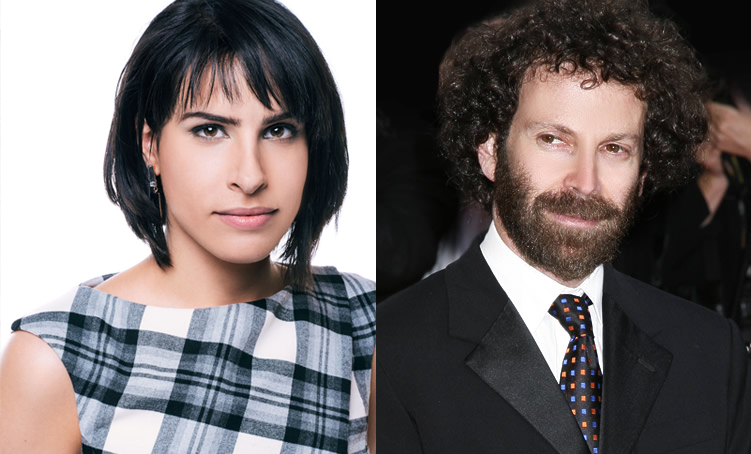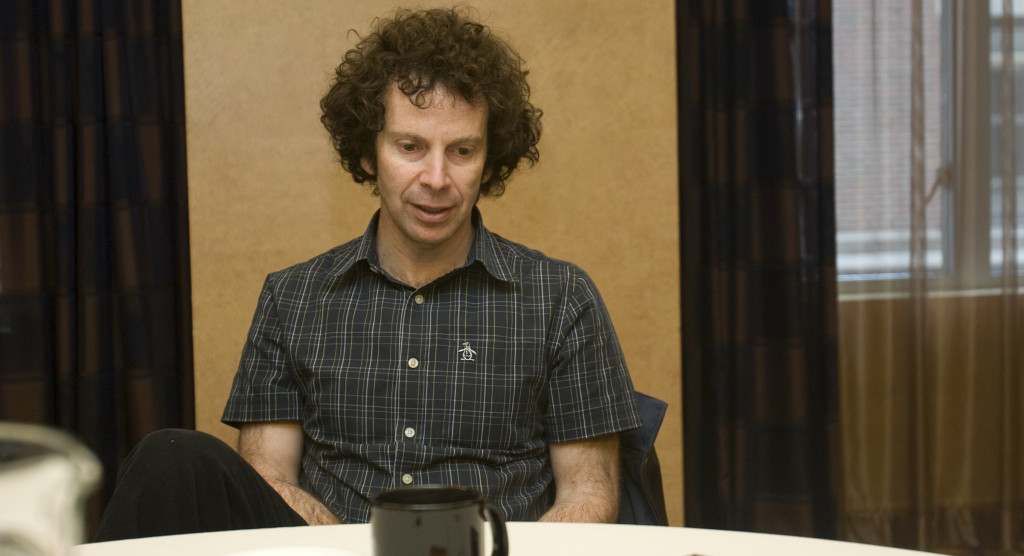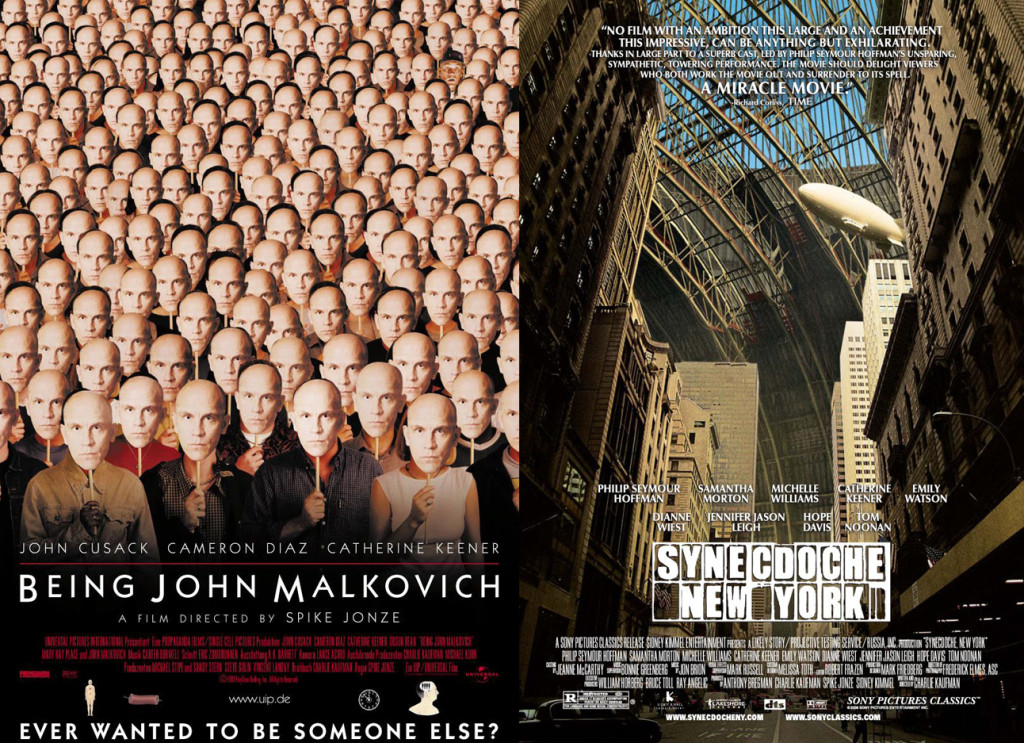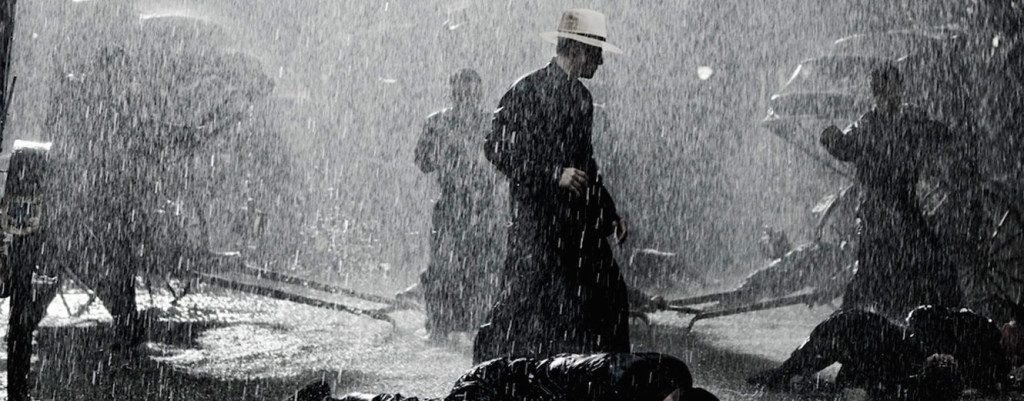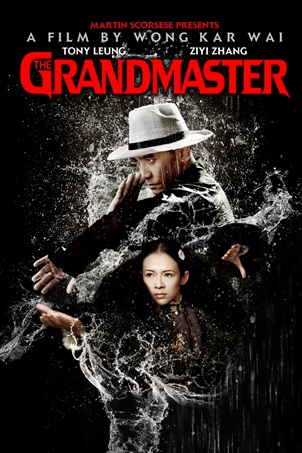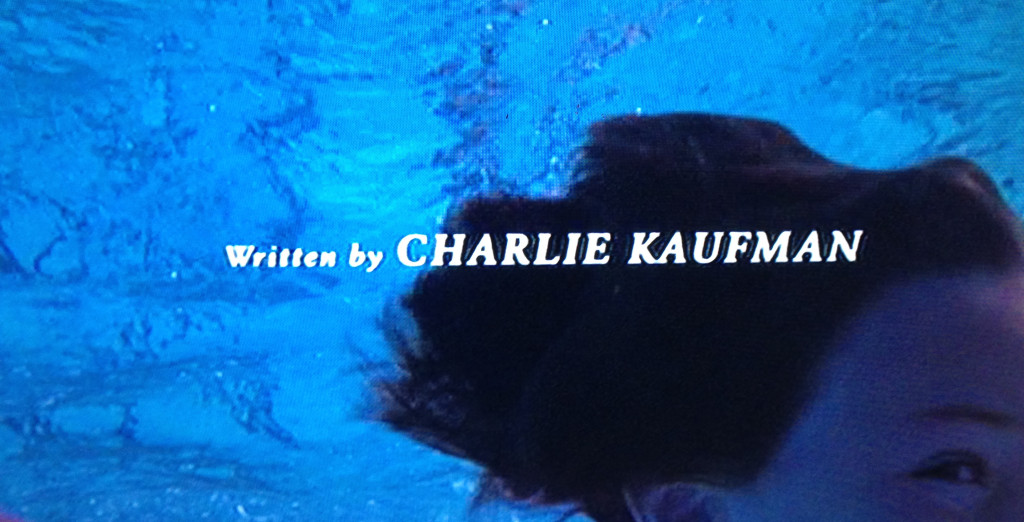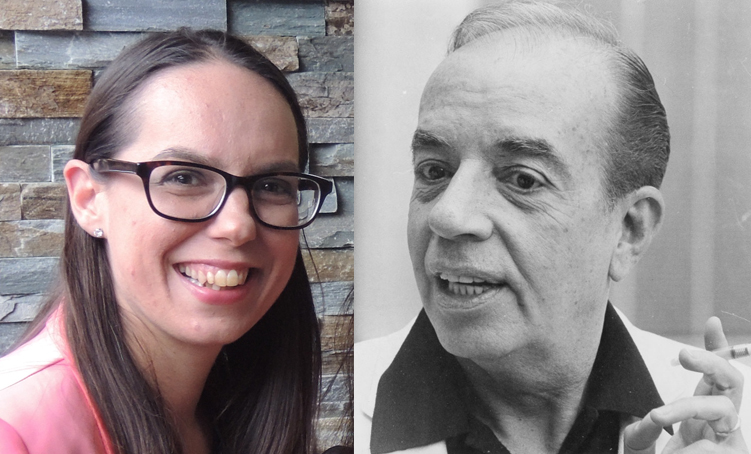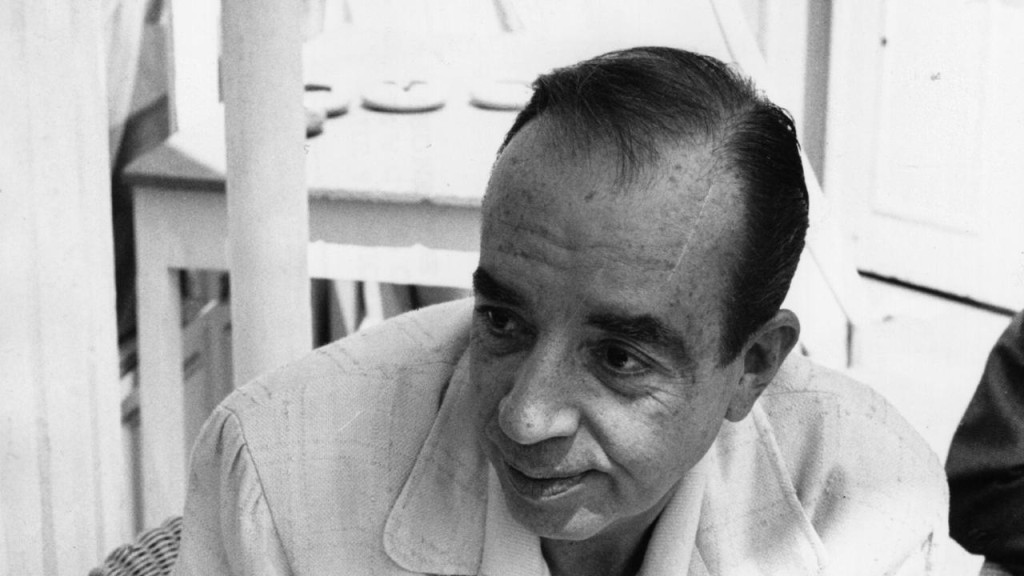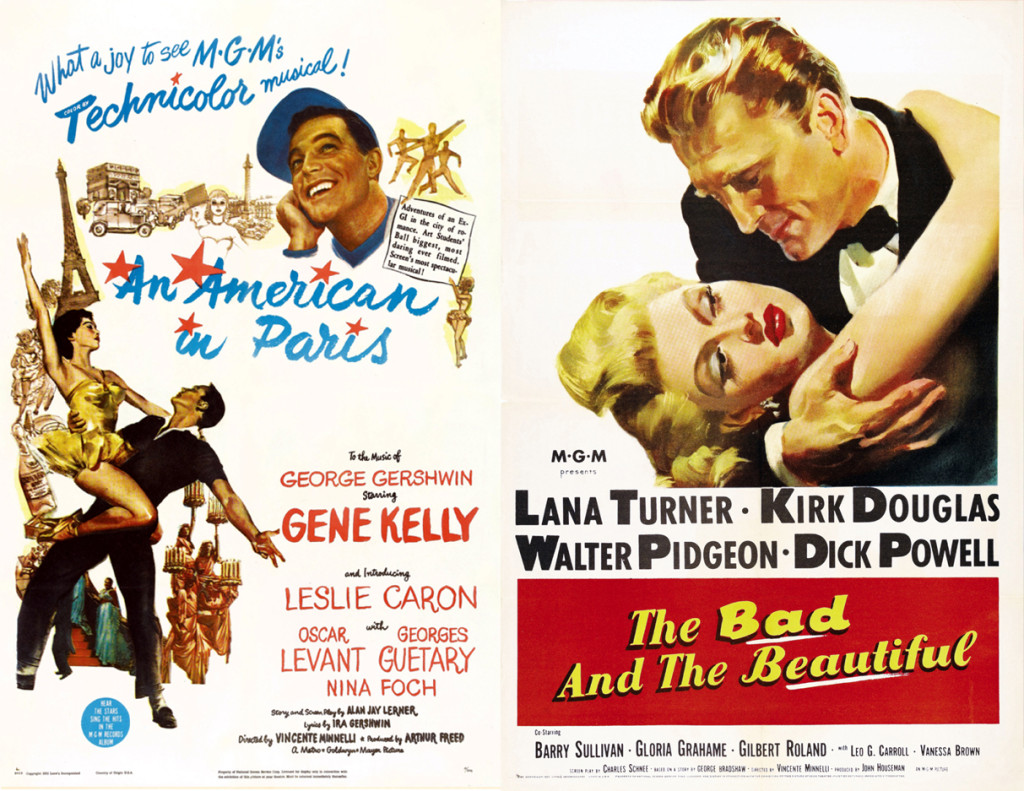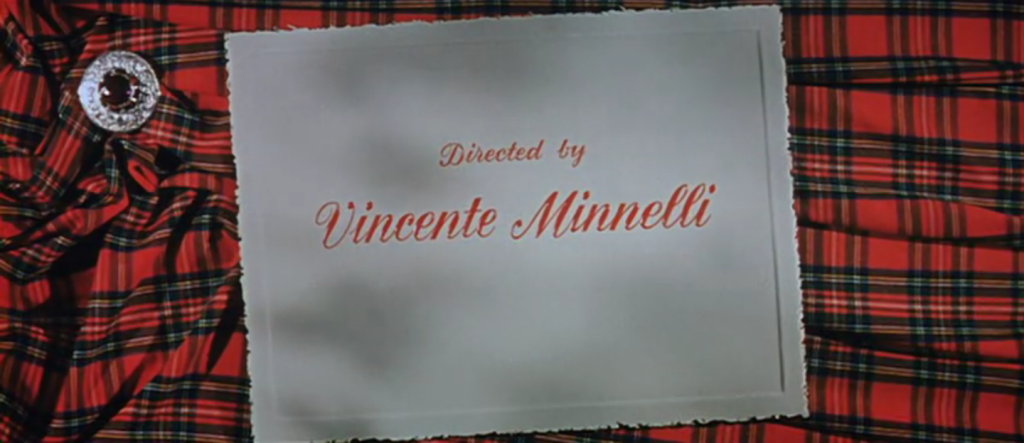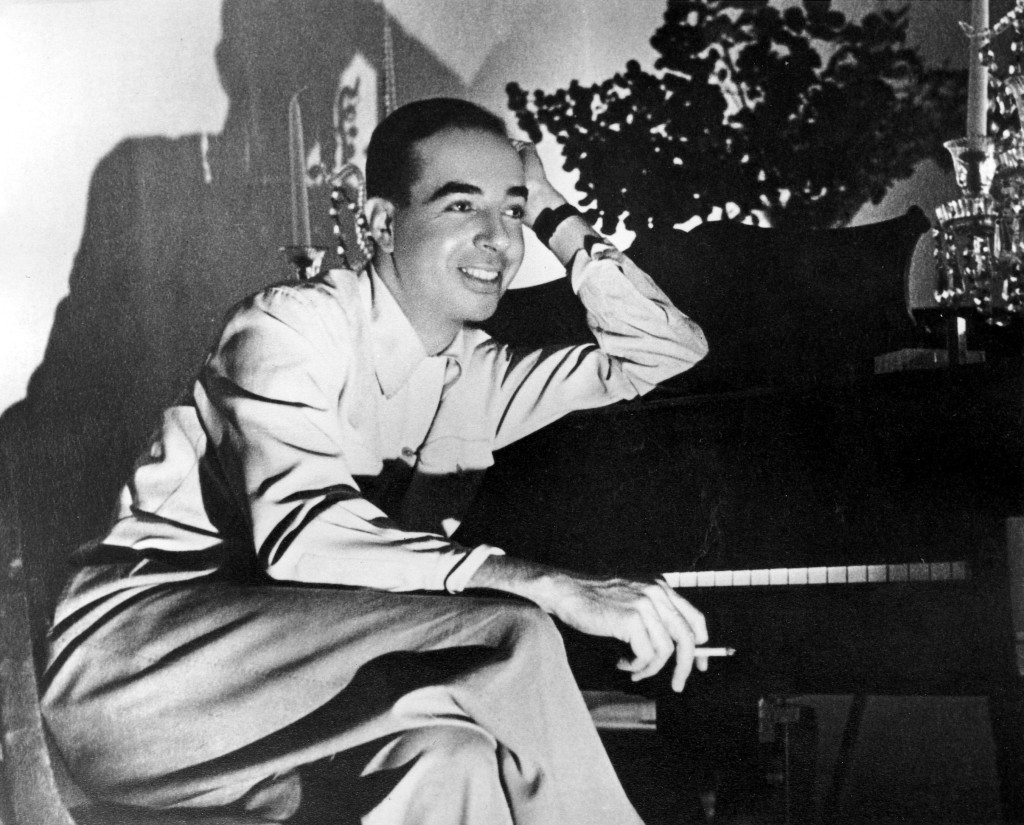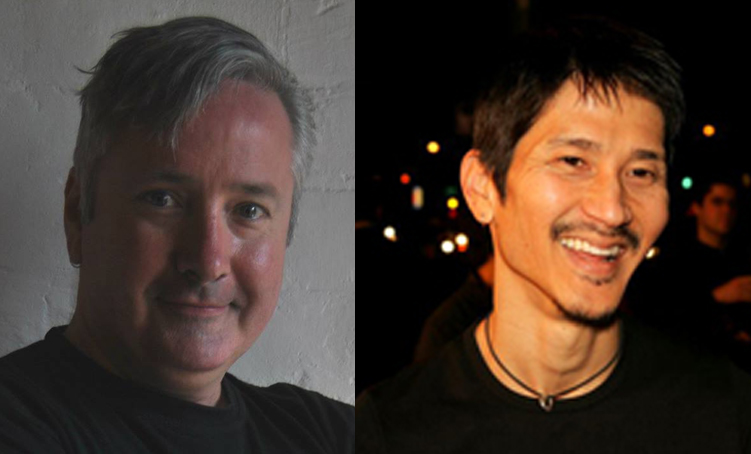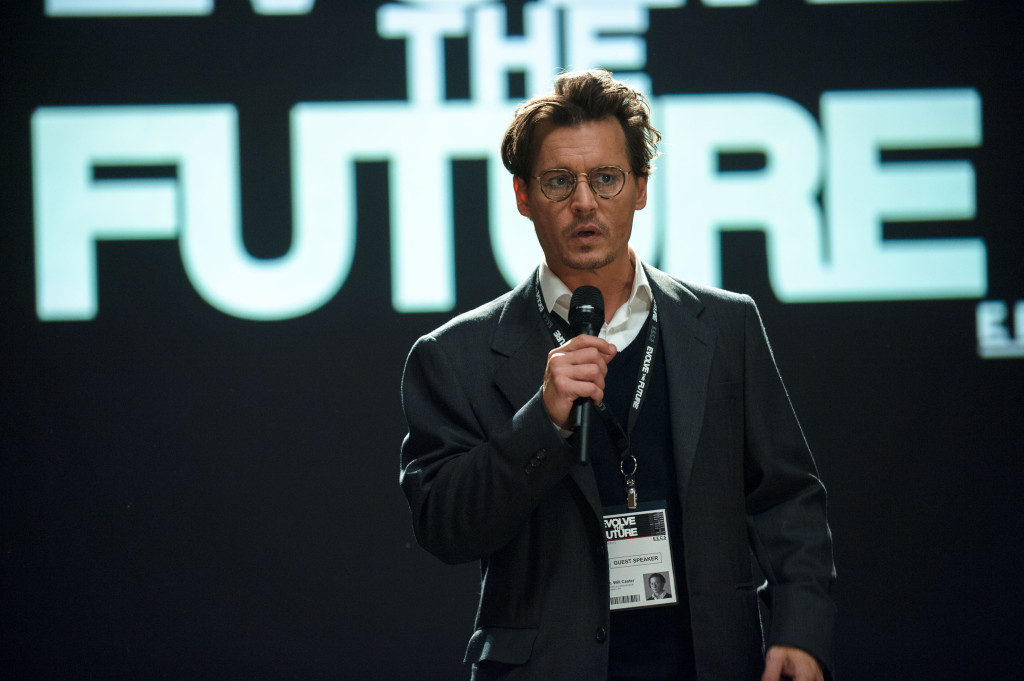Of all the different types of guests we have on the show - critics, authors, actors, etc - it's filmmakers that spark a particular type of curiosity. When a filmmaker guest chooses the filmmaker they want to speak about, we immediately begin trying to find connections between their respective works.
How much of Claire Denis can we see in the works of Lynn Shelton? Are there elements of Andrei Tarkovsky in the films of Jon Hewitt? How did Paul Mazursky inspire Joe Swanberg? Or, even more surprising, when Brian Trenchard-Smith counterintuitively opted to talk about a filmmaker he'd inspired.
Desiree Akhavan has only made one film so far, last year's Appropriate Behavior, and we've spoken many times of how much we loved it (even before we realised we'd be getting her on the show). But in many ways, her initially surprising choice of Charlie Kaufman proved to be illuminating in the other direction. Because Desiree's film revealed genuine human truths through humour, the thing that we often forget Kaufman's films do.
We think of Kaufman as a high concept, postmodern writer who takes an extraordinary concept and explores in alarming detail. It's not until we're actually watching Being John Malkovich or Adaptation or Eternal Sunshine of the Spotless Mind that we remember how deeply he understands human emotion - we're talking about him like he's a robot, but go with it - how he can lure us in with an irresistible logline, then twist the emotive knife at the perfect moment. It's masterful.
It's also the first time we've spoken about someone who's best known as a writer, and we devote as much time to the films he wrote but did not direct. Given that, we thought this was the perfect episode to bring up a topic we've been wanting to explore for quite some time: are writers unfairly sidelined as the authors of films?
We always try to specify that our show is about filmmakers and authors, avoiding the word director wherever possible. We do consider the director to be the author most of the time, but there are writers, producers, cinematographers, composers and editors with such distinct and memorable styles, who can definitely be considered cinematic auteurs. And if ever there was a screenwriter who was even more closely associated with his works than the directors who helmed them, it's Charlie Kaufman.
So that's our show. Desiree Akhavan on Charlie Kaufman and the question of screenwriter authorship, plus a look back at some of the key films of this past month: Martin Luthor King Jr biopic Selma, Jon Stewart's directorial debut Rosewater and the Wachowskis' return to all-out science fiction Jupiter Ascending.
If you want to brush up on the films of Charlie Kaufman before you listen, remember to check out our Cheat Sheet here, before listening to the episode here.
Special thanks to Desiree Akhavan for being so generous with her time in the midst of a whole bunch of international travel, and to the amazing Cecilia Frugiuele for making it all happen.

